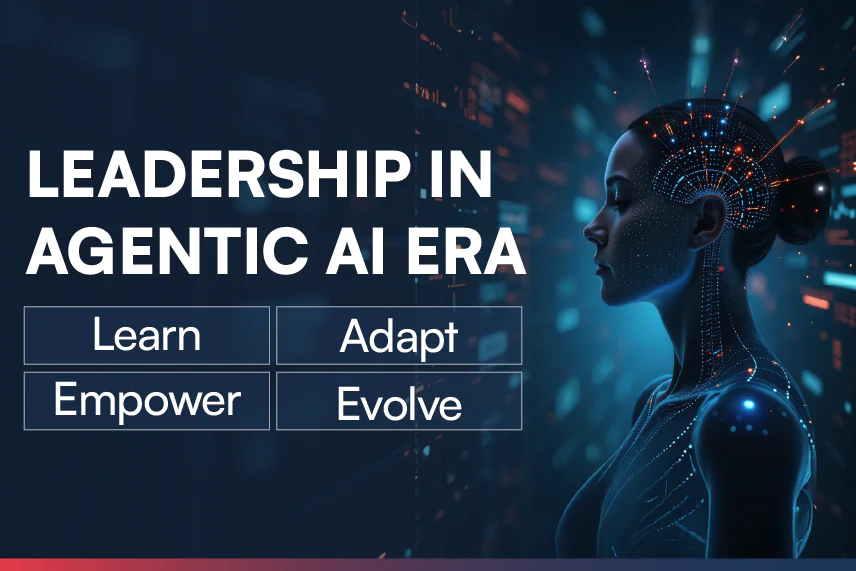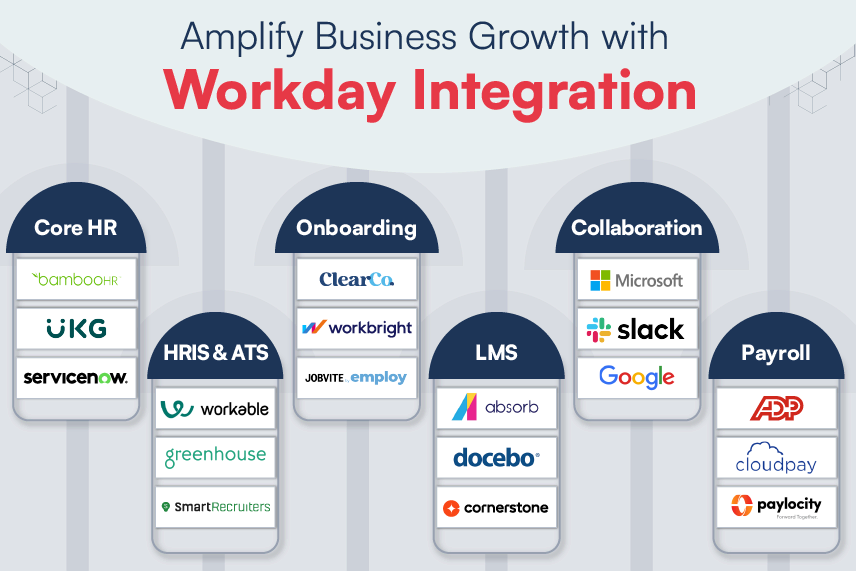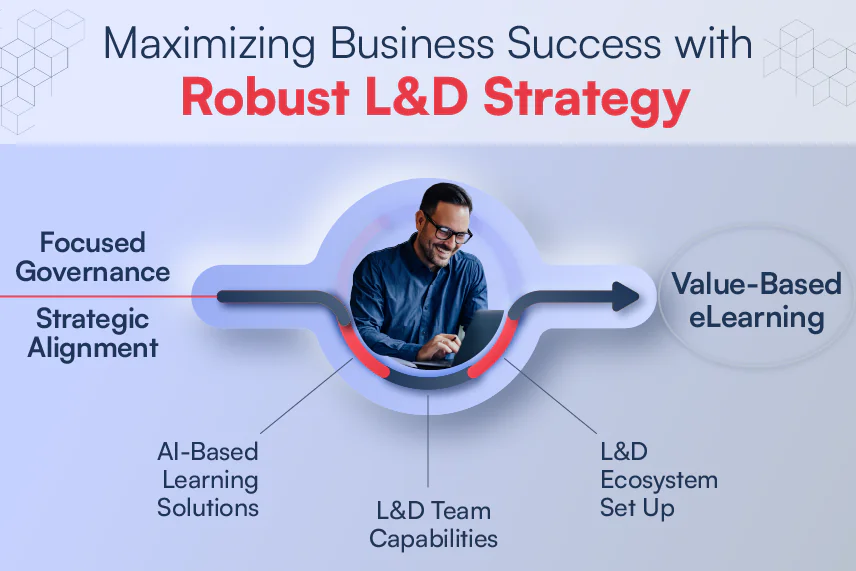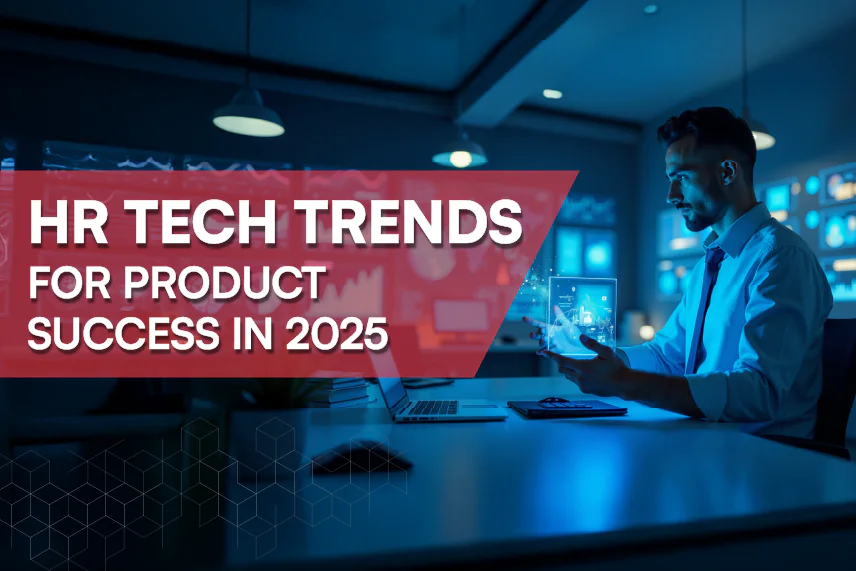
Does your company focus on how the recruitment experience is for the candidates who apply for a job? As recruiters, how often do you think about the candidate experience? According to a report published by Talent Board for 2017,
46% of candidates had a negative experience with the employer and would not refer or apply again.
Well, it’s directly tied with the recruiting performance and yes, first impression matters! It has been determined that the candidate’s or employee’s willingness to refer someone to your company correlates with the company’s growth. Candidate experience is currently a hiring necessity. This article will help you understand more about it with tips and best practices leading to major improvements.
Candidate experience – Stepping into the candidate’s shoes
Described as – how candidates perceive and react to the recruitment process. This process comprises of various stages like job listing, interview scheduling, short listing, screening, selecting, offer rollout, and on-boarding.
| As per the modern candidate journey, today’s candidates have adapted to mobile technology, social media and online portals, which makes it important for recruiters to redefine their recruiting strategies.
| Now, let’s dive into understanding what makes candidates delighted and how candidate delight can be created across the recruitment stages.
Ready? Here we go…
- Knowing the candidates
Recruiters can create Candidate Personas to define a fictional representation of the required candidate suited to the specified job role. It requires surveys or interviewing the existing and lost candidates, to know more about their background, challenges, career goals, inhibitions, etc. - Ease of applying
One of the most significant features of an effortless and effective recruitment process is the ease and speed. Candidates should not be made to fill lengthy, complicated application forms; rather, innovative skill testing methods can be adopted, for e.g. Unilever uses AI and brain games. - Communication is key
Acknowledgements, information about the process, rough timelines, prior information about the interview (such as how long it might take, etc.) would help deliver a positive candidate experience.
The interviews should end with a brief feedback (if possible) and a follow-up action or some form of closure to make the candidate comfortable. - Maintaining good relationships
Candidate experience can be improved, if the communication about hiring is made without extended delays. In case of unforeseen delays, the candidate should be kept well informed.
If not hired, then constructive feedback should be provided to the rejected candidates. A person might not be best suited for the current role, but might suit another position in the future.Adding a promise of keeping in touch can make them feel good, for e.g., ‘Keep watching our careers board for upcoming opportunities. - Friendly on-boarding
Once the candidate becomes an employee, it’s the shared responsibility of talent acquisition, talent management and hiring managers, to handle the communication and hand-off that may affect the candidate experience. It should be ensured that candidates hired should have a smooth transition to their new job.
Harbinger Group exemplifies rich onboarding experience by going an extra mile and conducting a Senior Management Induction for the new joiners to share the vision and functioning of various business units.
Innovations leading to positive candidate experience
As per LinkedIn’s Global Recruiting Trends Report, the speculated increase in the hiring volume in 2018 and the simultaneous increase in the size of recruitment teams doesn’t seem to be proportional. This is why, innovations in recruitment can not only streamline the recruitment workflow but also improve the candidate experience.
AI – recruitment chatbot can be simply described as a conversational application that has the abilities of human conversation during the recruitment process. For candidates, a recruitment chatbot can answer their FAQs, give reminders and collect survey feedback. Candidate experience can be enhanced manifold with the use of these chatbots as they would provide immediate engagement. These chatbots can help the recruiters too in various administrative activities.
Measuring the candidate experience
It’s important to measure the experience of candidates at different points in their recruitment journey. An effective way to do it is through surveys.
New employees at Harbinger Group are given a ‘Day 1’ and ‘Day 30’th’ feedback gathering form which helps measuring the candidate experience during onboarding and one month of employment. They rate the organization on various parameters like interactions with different departments, awareness about their projects, KRAs and overall happiness, being part of the organization.
95% of new employees had a great experience on their day 1 at Harbinger Group
Happy candidates can enhance the company brand and help fetch top talents. Small steps of improvement at every stage of the recruitment process can make a difference. Be it social channels (LinkedIn, Facebook, Twitter etc.), career sites (Monster, Indeed, CareerBuilder etc.) or employer review sites (Great Place to Work, GlassDoor etc.), companies need to regard and manage candidate experience across all of them.
We would love to hear from you about your own best practices followed for enriching the candidate experience.





